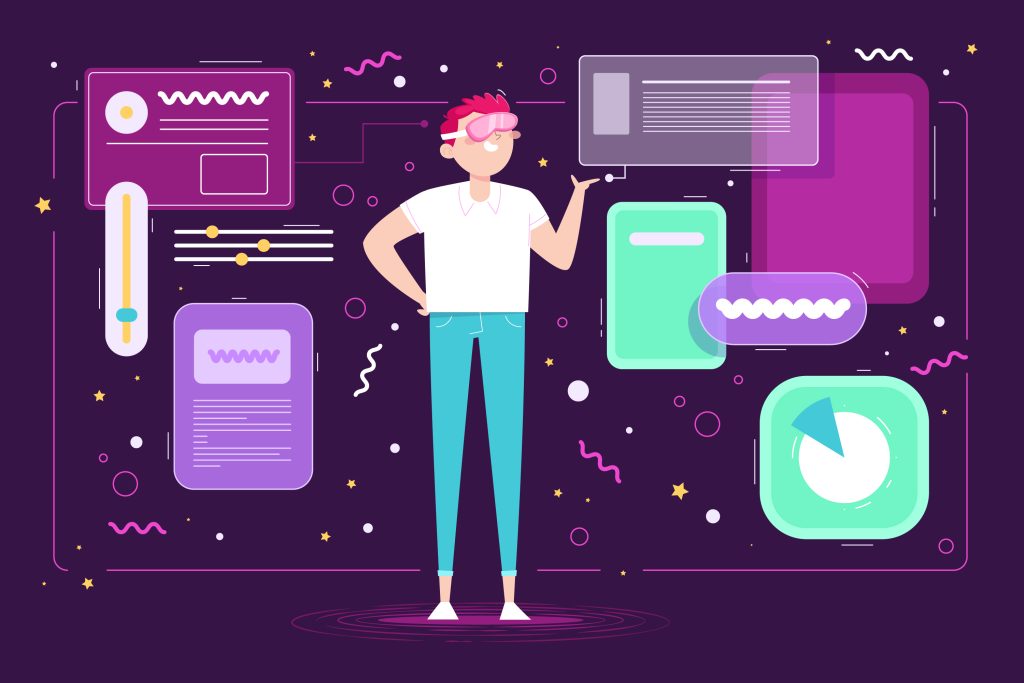In the ever-evolving landscape of customer experience (CX), businesses are exploring new ways to enhance interactions with their customers. ChatGPT, developed by OpenAI, has gained significant attention among emerging technologies. However, it is important to take a balanced view when evaluating the impact of ChatGPT on CX.
In this blog post, we will delve into the various aspects of ChatGPT’s influence, highlighting its benefits and considerations. By understanding its potential and limitations, businesses can make informed decisions about integrating ChatGPT into their CX strategies.
Swift Responsiveness
One undeniable advantage of integrating ChatGPT is its ability to provide prompt responses. ChatGPT offers quick and efficient customer service, leveraging its vast language understanding and knowledge. This improved responsiveness reduces wait times and ensures customers receive timely assistance, ultimately enhancing their experience.
Personalization Opportunities
ChatGPT’s advanced machine-learning capabilities empower businesses to offer personalised experiences. ChatGPT can tailor responses and recommendations based on individual preferences by analysing extensive customer data. This personalization potential enhances customer satisfaction and fosters loyalty. Over time, as ChatGPT learns from past interactions, it becomes even more adept at delivering tailored experiences.
Contextual understanding challenges
It is essential to acknowledge that ChatGPT has limitations in comprehending context. While it relies on patterns and existing data, it may occasionally misinterpret queries or provide inaccurate responses. To address this, human oversight and quality checks are crucial to ensure accuracy and prevent misunderstandings. Balancing AI’s capabilities with human intervention can help mitigate contextual understanding challenges.
Emotional Intelligence Gap
One area where ChatGPT falls short is emotional intelligence—the ability to understand and respond appropriately to complex emotions. Empathy, a cornerstone of effective customer service, is challenging for ChatGPT to replicate. Situations requiring emotional support or delicate handling may require human intervention or a hybrid approach that combines AI and human agents.
Continuous learning and improvement
One of the strengths of ChatGPT lies in its capacity for continuous learning and improvement. OpenAI actively trains and refines the model based on user feedback and iterative updates. Regular enhancements and updates ensure that ChatGPT evolves, reducing its limitations and bolstering its capabilities. This commitment to improvement makes ChatGPT a valuable tool for businesses aiming to continually enhance their CX strategies.
In conclusion, ChatGPT’s impact on the customer experience is multifaceted and demands a balanced perspective. It brings benefits such as swift responsiveness and personalization opportunities, enabling businesses to provide efficient and tailored interactions. However, challenges in contextual understanding and emotional intelligence must be acknowledged.
By leveraging ChatGPT’s strengths while integrating human oversight and continuous improvement, businesses can optimise its impact on CX. Striking the right balance between AI capabilities and human intervention will ultimately result in an enhanced and satisfactory customer experience.
To explore how ChatGPT can benefit your business and learn more about our AI-powered solutions, click the button below to visit our Contact Us page. Our team of experts is ready to assist you in implementing ChatGPT and optimizing your customer experience strategy.






